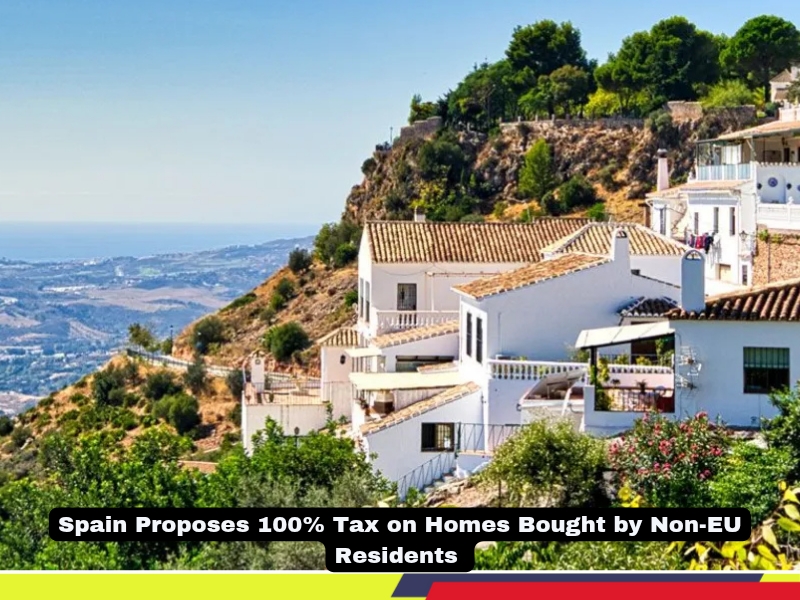President-elect Donald J. Trump’s recent remarks about potentially reclaiming the Panama Canal sent ripples of concern through Panama, a country with a long and complex history with the United States. While few believe his comments signal actual intent, they have reignited memories of past U.S. involvement in the region, including military occupation and an invasion.
Trump’s Provocative Statement
During a public event on Tuesday, Mr. Trump speculated about the possibility of the U.S. taking back control of the Panama Canal, which was built by the U.S. but officially transferred to Panama in 1999 under the terms of the Torrijos-Carter Treaties. While his comments were likely rhetorical, they unsettled many Panamanians who vividly recall the prolonged U.S. presence in the canal zone and the 1989 invasion that ousted General Manuel Noriega.
Panama’s Firm Response
Panama’s Foreign Minister, Javier Martínez-Acha, swiftly addressed the remarks during a news conference, firmly rejecting any suggestion of U.S. claims to the canal.
“The sovereignty of our canal is nonnegotiable and is part of our history of struggle and an irreversible conquest,” Martínez-Acha stated. “Let it be clear: The canal belongs to the Panamanians and will continue to be that way.”
This strong stance reflects Panama’s pride in its control over the canal, a vital economic and symbolic asset for the nation.
A History of U.S.-Panama Relations
The Panama Canal has long been a point of contention in U.S.-Panama relations. Built by the United States in the early 20th century, the canal became a symbol of U.S. influence in the region. For decades, Panamanians chafed under the American military presence in the canal zone, which was seen as a colonial-style occupation.
The 1999 transfer of the canal to Panama marked a significant milestone in the country’s sovereignty. For many Panamanians, Mr. Trump’s comments feel like a step backward, stirring old fears of American overreach.
Experts Weigh In
Analysts suggest that Mr. Trump’s remarks were less about actual policy and more about posturing. Benjamin Gedan, director of the Wilson Center’s Latin America Program, noted that the comments might have been intended to pressure Panama into providing favorable terms for U.S. shipping or to send a message to other nations in the region.
“If the U.S. wanted to flout international law and act like Vladimir Putin, the U.S. could invade Panama and recover the canal,” Gedan said. “No one would see it as a legitimate act, and it would bring not only grievous damage to its image, but instability to the canal.”
Looking Ahead
While most Panamanians do not expect Trump’s comments to translate into action, they serve as a reminder of the delicate balance of power in U.S.-Latin America relations. The Panama Canal, a critical global trade route, remains a powerful symbol of sovereignty for Panama and a vital artery for international commerce.
As the U.S. prepares for a Trump administration, regional leaders will likely be watching closely to see how rhetoric matches policy, particularly in a region historically shaped by American intervention. For now, Panama stands united in its assertion: the canal is, and will remain, Panamanian.




